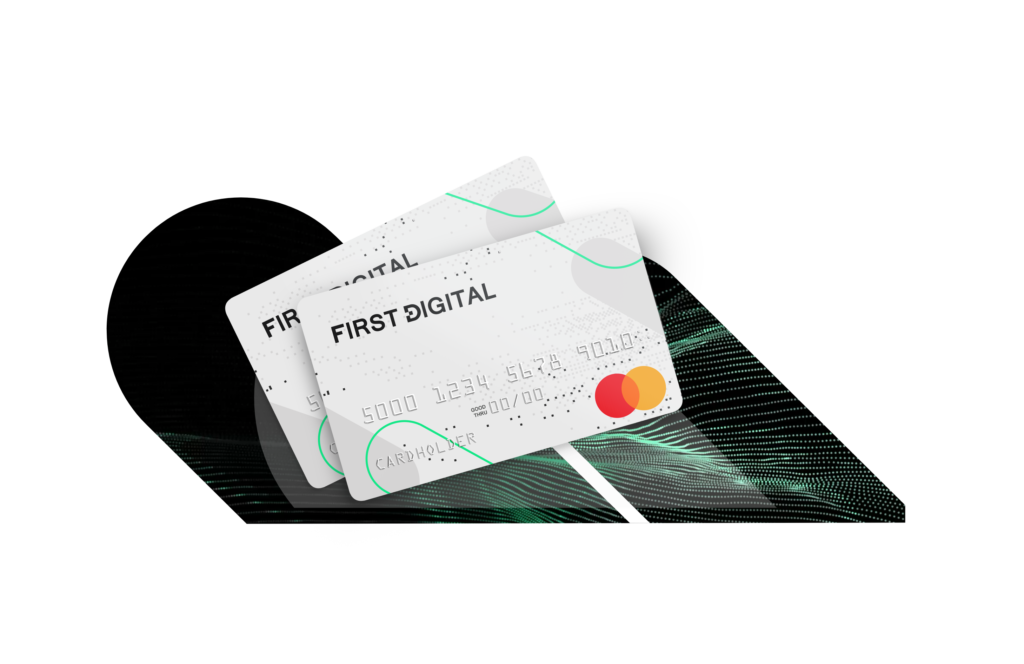Do’s
Do Pay Your Balance in Full: Aim to pay your credit card balance in full each month to avoid interest charges and to keep your credit usage low.
Do Take Advantage of Rewards: Many credit cards (like First Digital!) offer rewards programs that allow you to earn points or cash back on your spending or card payments. Take advantage of this and don’t leave money on the table!
Do Monitor Your Statements: Regularly review your credit card statements to keep track of what you are spending and to catch any potential mistakes or fraudulent charges. This will allow you to stay on top of your spending, as well as address any issues quickly.
Do Understand APR, Terms & Fees: Understanding the annual percentage rate (APR), terms, and fees associated with your credit card will help you to make the most educated decisions on your spending and credit card management.
Don’ts
Don’t Miss a Payment: Timely payments are the most important factor in your credit score.¹ Missing a payment can result in late fees and potential damage to your score. If you can’t pay your whole balance, at least make the minimum payment by the due date.
Don’t Max Out Your Card: Using too much of your available credit can negatively impact your credit score. Try to keep your credit utilization below 30% for the best effect on your score.¹
Don’t Ignore Fees & Interest Rates: Be aware of any fees associated with your credit card, so that they don’t come as a surprise that you are unprepared for.
Don’t Use Your Card for Cash Advances: Cash advances typically come with higher interest rates than the typical APR. These fees quickly accumulate, making cash advances very expensive money. Try to avoid using your credit card for cash advances whenever possible.
By following these do’s and don’ts, you can utilize your credit card in the best way, while avoiding the potential pitfalls. Responsible credit card usage can help pave the way to a better credit score and brighter financial future.
Source: Experian.com – https://www.experian.com/blogs/ask-experian/crediteducation/score-basics/what-affects-your-credit-scores/
This content is general in nature and does not constitute legal, tax, accounting, financial or investment advice. You are encouraged to consult with competent legal, tax, accounting, financial or investment professionals based on your specific circumstances. We do not make any warranties as to accuracy or completeness of this information, do not endorse any third party companies, products, or services described here, and take no liability for your use of this information.
